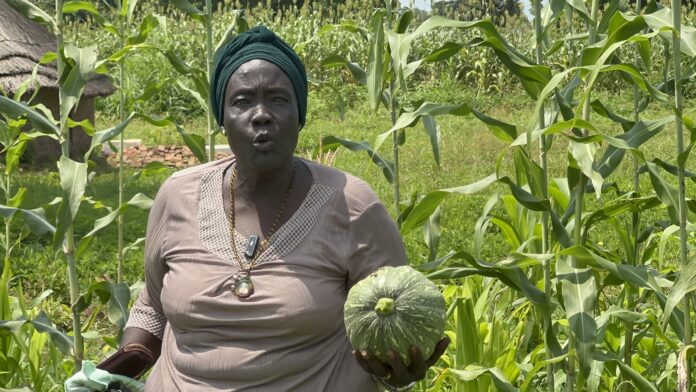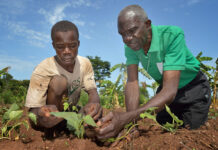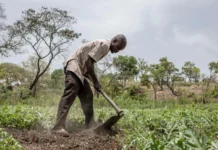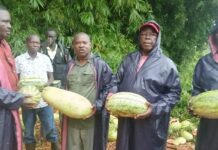Chuol Jany
Local farmers in Western Bahr el Ghazal State are expressing ambitions to cultivate crops not just for family consumption but for the broader market. These farmers see agriculture as a key livelihood and hope to inspire others in South Sudan to adopt the same practices.
The markets in Wau Town are typically full of fresh produce from July to October, thanks to the hard work of local farmers. They believe that farming has become an essential part of their survival and encourage other states to follow suit.
Canon Angelina Ayen, a prominent leader of the Episcopal Church in Wau, shared her success in farming. She explained that her farm not only provides for her family’s needs but also generates income.
“Since I started cultivating a three-fedan garden, my family no longer depends on the market for food. We sell what we grow and use the money to buy what we lack at home,” Ayen explained. She added that farming has improved her overall health, stating, “Farming sustains us physically and mentally.”
Ayen’s farm produces a wide variety of crops, including sorghum, beans, watermelon, pumpkin, maize, and groundnuts. More than just a food source, her garden serves as an example of self-reliance and hard work. She encourages the South Sudanese community to take advantage of the fertile land, especially now that peace has returned to the country.
Her message is resonating with many in Wau, urging a shift from dependence on aid to self-sufficiency through farming. She calls on citizens across South Sudan to embrace agriculture and reduce their reliance on relief aid.
Achalla Akua, another farmer from Kuajiena Payam on the outskirts of Wau, emphasized the importance of farming in boosting household income. She noted that while government support is limited in rural areas, agriculture remains a way of life.
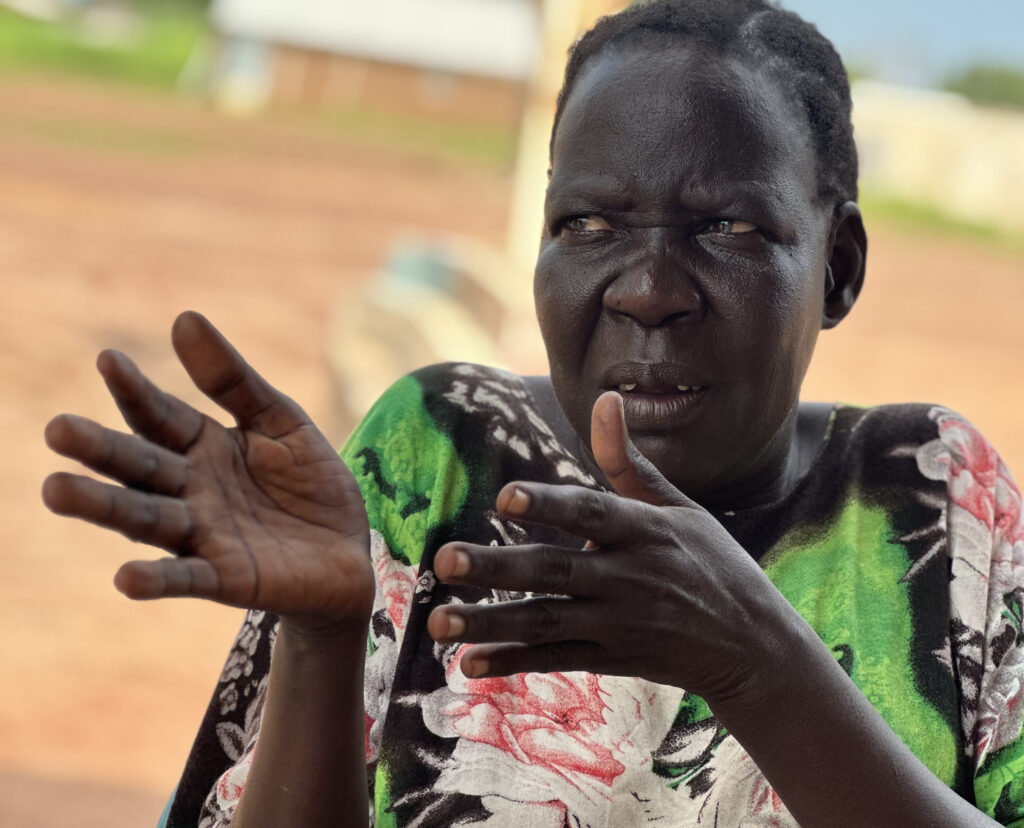
“We farm constantly. It helps us support our families, pay school fees, and buy uniforms for our children. Sometimes floods destroy our crops, but we can’t give up because we have no other way to survive,” Akua said.
Peter Khamis, a 15-year-old watermelon seller in Wau Town, praised the hard work of local farmers. Each morning, he collects watermelons from farms at low prices and sells them along the roadside in the evening to customers heading home from work. He explained that this small business helps him and his friends pay their school fees without relying on their parents, while also contributing to their family’s livelihood.
Khamis shared that small watermelons sell for 5,000 South Sudanese Pounds (SSP), while larger ones go for 10,000 SSP. “People are willing to buy because they’re fresh from the farm,” he added.
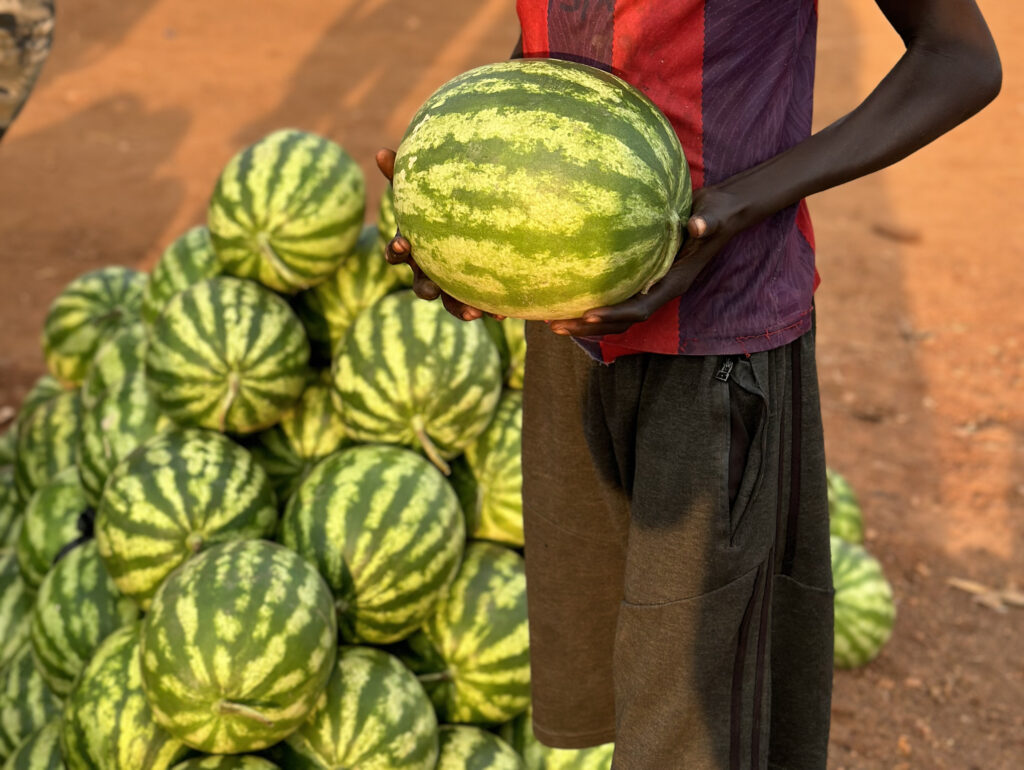
Local administrator Martin Malang Opio of Kuajiena highlighted that his area has become a food basket for Wau due to its fertile land. He explained that during the farming season, legal cases are put on hold to allow people to focus on cultivation.
“We don’t handle cases during the planting season because most people in this Payam are farmers. We give them the time they need to cultivate,” Malang said.
Amid South Sudan’s ongoing economic challenges, where inflation continues to weaken the local currency, agriculture is proving to be a lifeline. For many citizens, farming offers a path to economic stability and a way to overcome hardship.


